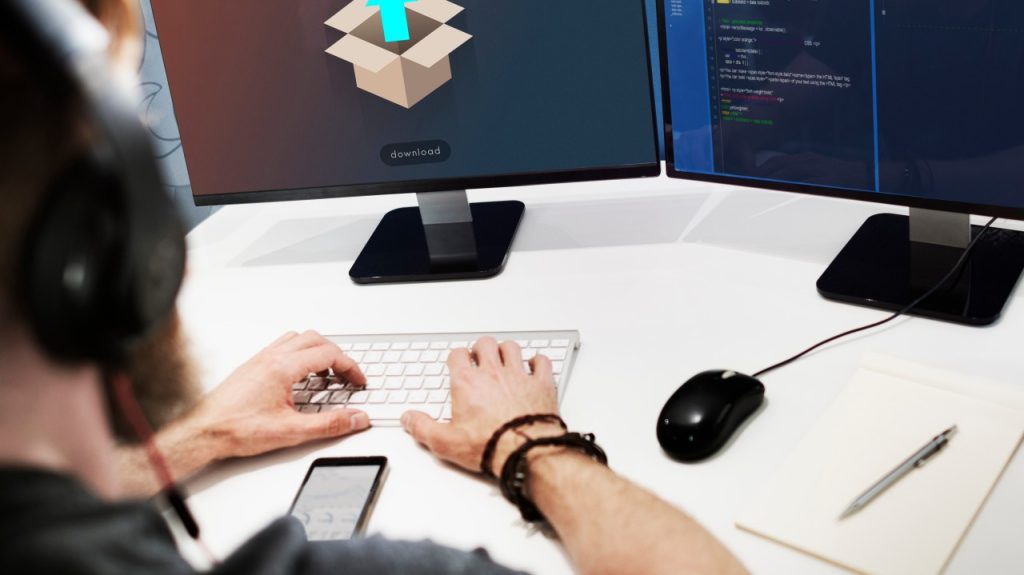Mobile apps are a cornerstone of digital business in today’s fast-paced world. Whether you are a startup founder, business executive, or product manager, finding the right developer to bring your app idea to life is crucial. But with the rapidly growing developer marketplace, it’s easy to make a poor hiring decision that could cost you time, money, and your project’s success.
Before you hire iPhone app developers or hire Android developers, it’s essential to know the warning signs. Here are 10 red flags to watch out for when evaluating candidates for your mobile app development project.
1. Lack of Platform-Specific Expertise
One of the first red flags is when a developer claims to be an expert in both iOS and Android but lacks deep knowledge of either. Building native apps for iOS and Android requires different tools, languages, and design guidelines. If someone offers both but doesn’t understand Swift or Kotlin thoroughly, or isn’t up to date with platform-specific SDKs, be cautious.
To build a high-quality app, you need specialists. If you want to hire iPhone app developer, ensure they’re proficient in Swift or Objective-C and familiar with Apple’s Human Interface Guidelines. Similarly, when you hire Android developers, look for expertise in Kotlin or Java and Material Design principles.
2. No Portfolio or Weak Past Projects
A reputable app developer will always have a strong portfolio to showcase their past work. If a candidate cannot provide links to published apps, detailed case studies, or references, it’s a major warning sign.
Don’t just accept screenshots—ask for live apps on the App Store or Google Play. When you hire Android developers or iPhone developers, their portfolio should reflect quality, performance, and diverse functionalities relevant to your project.
3. Poor Communication Skills
Technical expertise alone is not enough. Clear and timely communication is critical in any development process. If a developer frequently delays responses, gives vague answers, or struggles to understand your vision, it’s a serious red flag.
You’ll need consistent collaboration throughout the development lifecycle—from ideation to testing. Before you hire iPhone app developer or Android developer, assess their responsiveness and communication during initial discussions.
4. No Understanding of UI/UX Principles
A good mobile app isn’t just about code—it’s about experience. If the developer shows little interest or understanding of UI/UX design, usability, and user flow, your app may end up clunky and difficult to use.
Ask whether they collaborate with designers or follow any design systems. Whether you hire Android developers or iOS experts, they should know the design norms for each platform.
5. Unrealistic Promises or Timelines
Be wary of developers who promise to build a feature-rich app in just a few days at an incredibly low cost. Quality development takes time and investment. Unrealistic estimates usually signal a lack of experience or a developer who cuts corners.
A professional developer will provide a clear project timeline, with milestones for discovery, design, development, and testing. When you hire iPhone app developer or Android pros, ask for a realistic estimate and breakdown of deliverables.
6. No Testing or QA Process
App bugs can ruin the user experience and damage your brand. Developers who don’t prioritize testing, or lack a defined QA process, are putting your project at risk.
Ask them about their testing methods. Do they conduct manual or automated testing? Do they use real devices or emulators? If you’re looking to hire Android developers, check how they handle device fragmentation. For iOS, see how they prepare for updates and compatibility.
7. Lack of App Store Knowledge
A good mobile developer doesn’t just code—they understand how to publish and optimize apps for the App Store or Google Play. If a candidate lacks experience in app submission, guidelines, or handling rejections, it could delay your launch.
When you hire iPhone app developer, they should be familiar with Apple’s strict review process. Likewise, Android developers must know how to optimize APKs, use Play Console tools, and monitor performance post-launch.
8. No Focus on Security
Security is a non-negotiable part of mobile app development, especially if your app handles user data, payments, or sensitive information. Developers who gloss over security or fail to mention practices like data encryption, secure authentication, or API protection are a liability.
Ask your candidates about how they handle secure coding practices. This is especially important whether you hire Android developers or iOS professionals, as both platforms have their own risks and mitigation strategies.
9. Lack of Post-Launch Support
Launching your app is just the beginning. If the developer doesn’t offer post-launch support, such as bug fixes, updates, or performance monitoring, you’re left without help during critical times.
Before you hire iPhone app developer or hire Android developers, discuss their maintenance terms. A reliable developer should offer at least a few months of support after the app goes live, or be available for future updates.
10. Bad Reviews or No References
Always check a developer’s reputation. Negative reviews, unresolved client complaints, or lack of testimonials should raise red flags. If you’re hiring from platforms like Upwork, Freelancer, or Clutch, look closely at their ratings and client feedback.
Ask for references you can contact. A good developer will have satisfied clients willing to vouch for them. This applies whether you hire Android developers or iOS specialists.
Final Thoughts
Hiring a mobile app developer is a crucial decision that can make or break your digital product. While technical skills matter, the success of your project hinges on communication, experience, platform knowledge, and long-term support.
When you hire iPhone app developers or hire Android developers, don’t rush the process. Interview thoroughly, review past work, and look for red flags before signing any contracts. A thoughtful approach will help you partner with someone who aligns with your vision, timeline, and budget—ensuring your mobile app meets user expectations and business goals.
Bonus Tip: Use a Trial Task
Still unsure? Assign a small paid trial task to evaluate their skills, communication, and professionalism in a real-world context. It’s a low-risk way to confirm if the developer is the right fit for your long-term mobile app strategy.
By watching out for these red flags and doing your due diligence, you’ll not only avoid costly mistakes but also set a solid foundation for your app’s success—whether you’re building for iOS, Android, or both.

